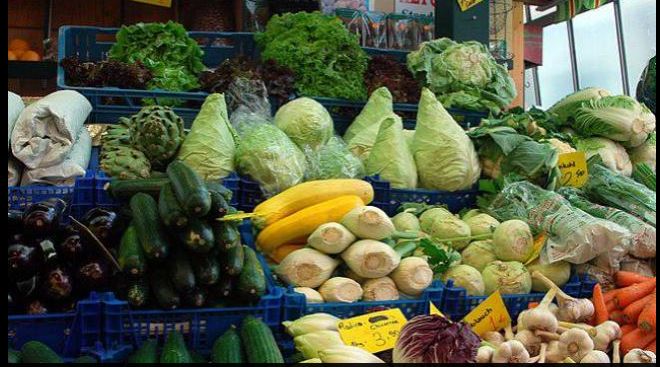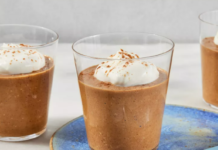In the 1970s we were a net exporter of fruits and vegetables, but today we are a net importer. We can enjoy fresh fruits and vegetables from around the globe in our stores nowadays and seasonality is much less of a factor.
How big is the market? The USDA reported fresh and frozen fruit imports in 2022 totaled $19.3 billion, up 10 percent from 2021. We importer fresh vegetables totaling $11.8 billion, also up 10 percent from 2021.
All this produce from afar flooding into our store shelves, may be why the CDC warns that it is more important than ever to thoroughly wash all produce before consumption, even those with skins on them. And don’t presume pre-cut fruits in a basket have been pre-washed.
Giving fresh fruits and veggies a good pre-dinner wash is a health measure that may prevent potentially serious gastric upset triggered by bacteria living on the surfaces of these otherwise nutritious treats.
Once upon a time, warnings such as this were reserved for people traveling to certain tropical countries. Today, a booming international trade in produce plus increasingly potent food-born borne pathogens may bring trouble home to you own table.
Sometimes twice. For example, back in May 2001 the Food and Drug Administration warned us to avoid cantaloupe from Mexico blamed for two salmonella-related deaths and numerous illnesses in 14 states. Last November, it happened again when The Centers for Disease Control and Prevention (CDC) listed more than 200 Americans in 38 States falling ill after eating pre-cut cantaloupe chunks.
CDC says, start at the store. On your way to the produce section, grab a handful of those handy plastic bags. Once in front of the fruits, check carefully to make sure the pieces you pick aren’t bruised or damaged.
Cleveland Clinic dietician dietitian Katherine Patton adds to look for any water leak. If there’s a whitish outer layer on it, the fruit or vegetable has begun to lose its moisture, and some nutrients may have escaped the food.
After choosing well, bag what you picked to keep it separate from raw meat, poultry, and fish in your cart or carry-home bags so as to avoid accidental bacterial contamination.













